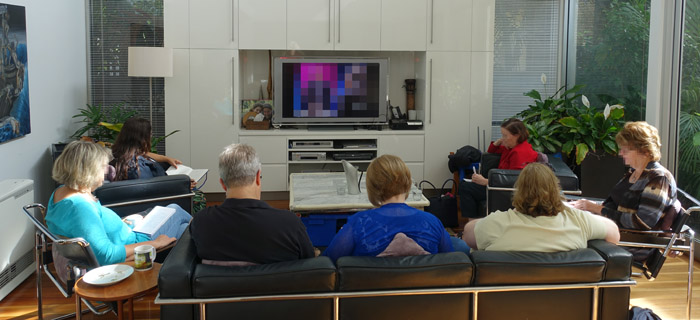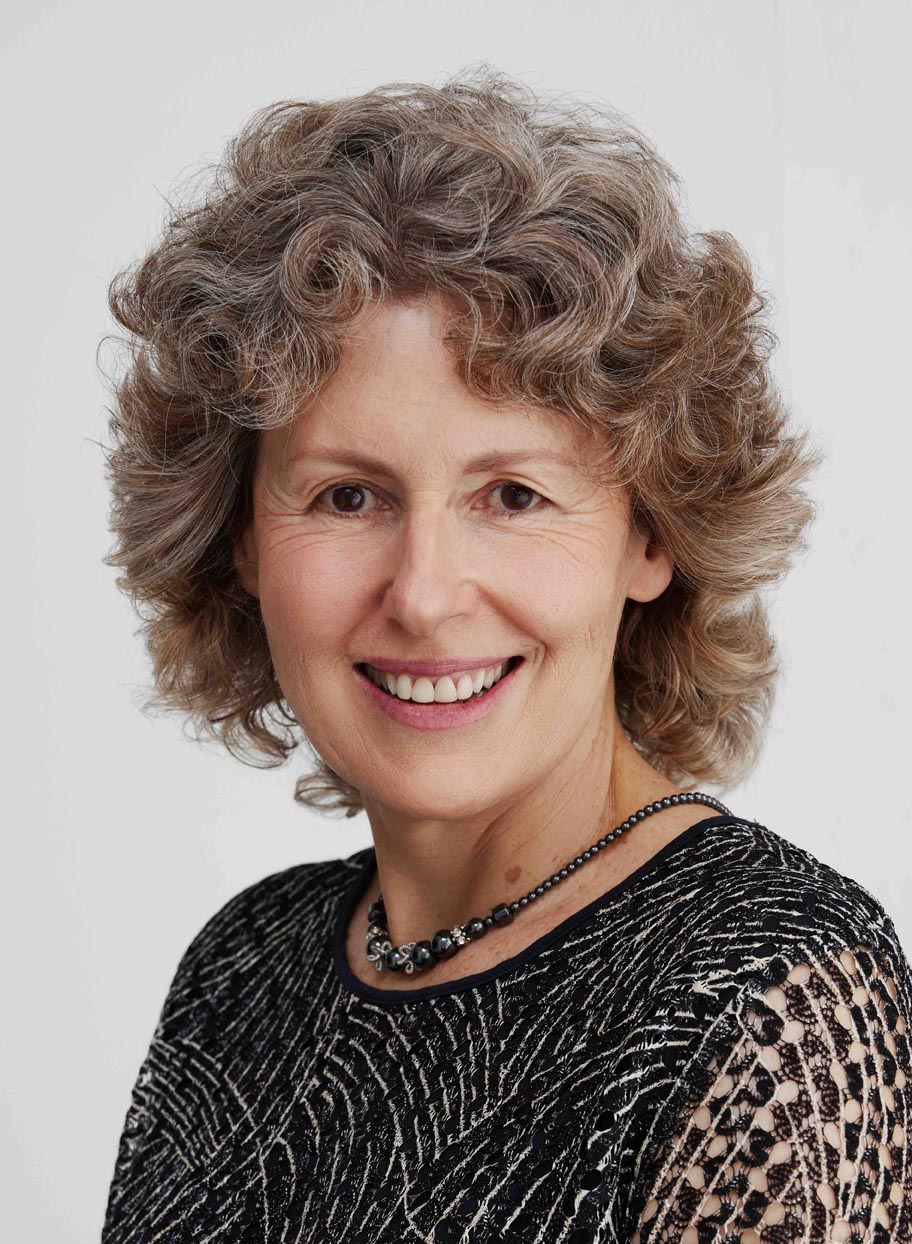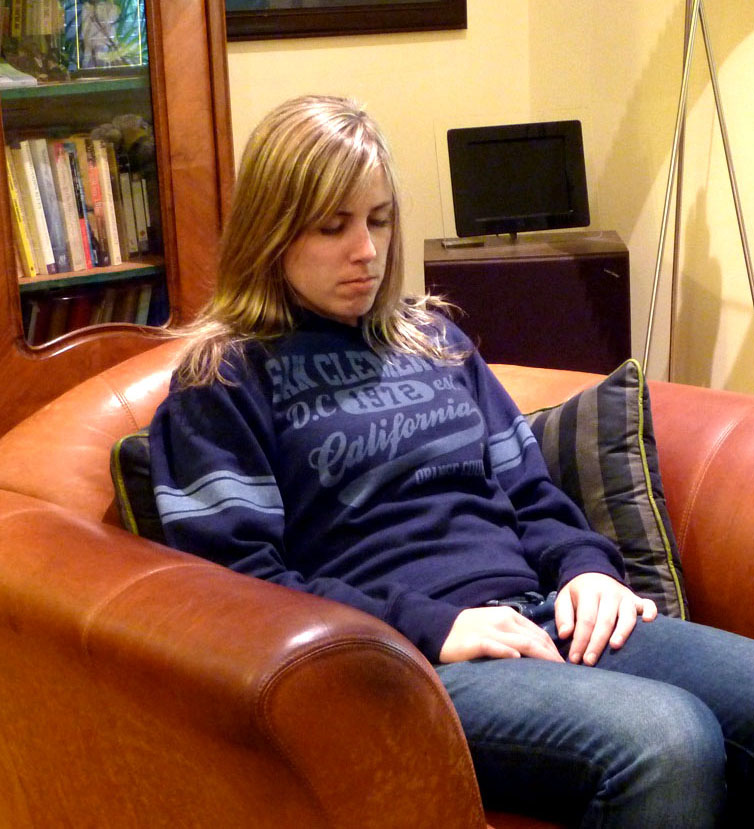About

Merrilly Watson established Hypnosis Today in late 2012 with her friend and colleague Marta Lohyn.
After running introductory and advanced training courses for 7 years, the pandemic put a stop to their teaching. In 2024, when Merrilly was ready to get things moving again, Marta decided it was time for her to retire from Hypnosis Today.
Merrilly is convinced that Hypnosis Today still has a role to play in supporting hypnosis practitioners in their clinical work, and so has turned her focus to providing ongoing professional development, rather than teaching introductory courses.
Merrilly is a psychologist who completed the Australian Society of Hypnosis Diploma in Clinical Hypnosis in the early 90s. She has also undertaken many other hypnosis training courses/workshops over the years, including Dr Michael Yapko's 100-hour training in Clinical Hypnosis and Strategic Psychotherapy. Influenced by the traditional approaches to hypnosis and the more contemporary utilisation approaches of Dr Milton H Erickson and Dr Yapko, Merrilly's work combines whatever aspects are appropriate for the client with whom she is working.
Having also taught for the South Australian and Australian Societies of Hypnosis, she Merrilly is aware that healthcare practitioners commit time and money to learning how to incorporate hypnosis in their clinical work, but then often lose their confidence and stop using it. Having witnessed the power of hypnosis to make an enormous difference in the lives of many of her clients, she is passionate about helping these professionals reconnect to their skills and start offering it to their clients/patients.
Merrilly Watson
BA,DipAppPsych,GradDipGroupWork,DipClinHyp
Merrilly has had close to 40 years of experience in the field of psychotherapy, initially employed as a youth worker, and then as a couple therapist and group counsellor before establishing her own psychology practice in Adelaide, South Australia in 1995. Working with individuals, couples and families, she has been incorporating hypnosis in her work for the past 30 years.
Merrilly taught for the South Australian Society of Hypnosis for a number of years, taking a major role in developing a new, more structured and integrated direction for the course. She has also presented workshops and provided training for the Australian Society of Hypnosis (ASH), and was a keynote presenter for the New Zealand Society of Hypnosis Conference in 2011 and an invited symposium presenter at the International Society of Hypnosis Congress in 2015.
Merrilly was a member of the Executive Committee of the South Australian Society of Hypnosis for 11 years, serving as its chairperson for 5 years. She has also served on the Federal Council of ASH, as well as being the Honorary Secretary of ASH.

About Hypnosis

Hypnosis is a highly focused state of attention during which we can perceive and experience things differently. It can happen naturally, for example, when we are day dreaming or focusing on something deeply absorbing, like watching a film or reading a book. Importantly however, in the clinical setting, we can also use this experience and capacity to become deeply absorbed to help people make desired changes in their lives. Hypnosis helps people make changes by building or strengthening their own inner resources to overcome difficulties and problems.
Neuro-scientists can now tell us that when we are experiencing this highly focused state of attention, our brains do process information differently, although understanding exactly what happens in the brain during hypnosis is still in the very early stages of development. However, we do know that when we are focused in this way, we can be especially responsive to new ideas and possibilities that can help us make desired changes.
The remarkable thing about hypnosis is that when used skillfully, it can help in a range of problems. For example, hypnosis can be used to help people become less anxious and phobic, as well as to address the patterns of depression. It can also be used to assist with sleep problems and trauma. Another important area of application is for pain management, both in chronic and acute presentations. A further common and successful use of hypnosis is for habit disorders, like smoking.
We also now have experimental evidence showing that hypnosis is an effective adjunct treatment. When it is used as part of the treatment process, hypnosis enhances treatment outcomes in a wide range of problems including anxiety, depression, post traumatic stress disorder, pain, habit control, irritable bowel syndrome, headache and migraine, asthma, sleep disorders, weight issues, eating disorders, cancer and psychosomatic disorders. As practitioners then, we can be confident that hypnosis, when used skillfully and appropriately, is going to be extremely helpful to our clients.
Frequently asked questions
Is hypnosis like being asleep or unconscious?
No, hypnosis is not sleep or being unconscious but generally when used clinically, people are likely to be very relaxed while in hypnosis.
Does the practitioner have power over clients, and can they be made to do things they would not normally do?
No, this myth comes from people seeing stage hypnosis, where subjects are often chosen because of their extreme willingness to go along with the show. In a clinical setting, the purpose of using hypnosis is to help clients achieve their goals, and the relationship between the client and practitioner is one of collaboration and care, not control by the practitioner.
Can everyone be hypnotised?
Most people are capable of experiencing hypnosis and using it for their own positive purposes. Some people are extremely responsive; some are less responsive, but most people will benefit from hypnosis with a trained and skilled practitioner.
Is hypnosis simply relaxation?
No, hypnosis is not just relaxation, although often, when in hypnosis, the person may feel particularly relaxed. However, in hypnosis, the client is mentally active and processing what is being said to them. Also, it is possible to be in hypnosis whilst being physically active. For example, runners can have the experience of "zoning out" whilst running; they are working hard physically, but their minds are highly focused on something else, such as music. There are other examples in war, or sports, where people can lose awareness of pain whilst physically active.
Is hypnotherapy the same as hypnosis?
Although some practitioners refer to themselves as hypnotherapists, hypnosis is really a tool that can be used to deliver or reinforce a particular therapeutic approach. The research shows that hypnosis enhances the outcomes achieved using cognitive behavioural therapy and other psychological therapies. Clinicians find that with the addition of hypnosis, similar or better results are achieved, and in a much shorter time frame.
